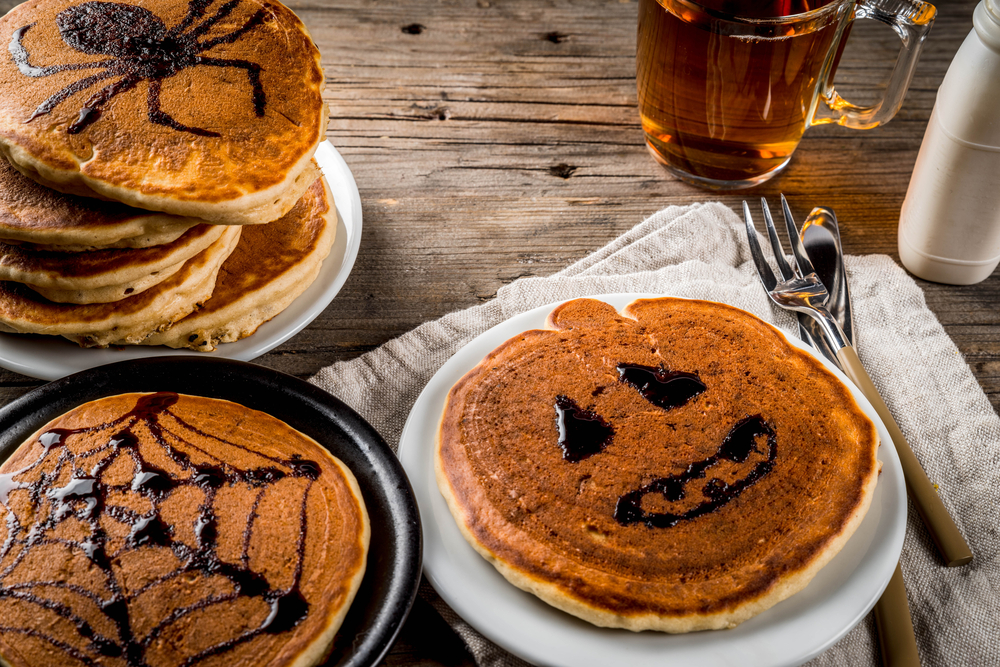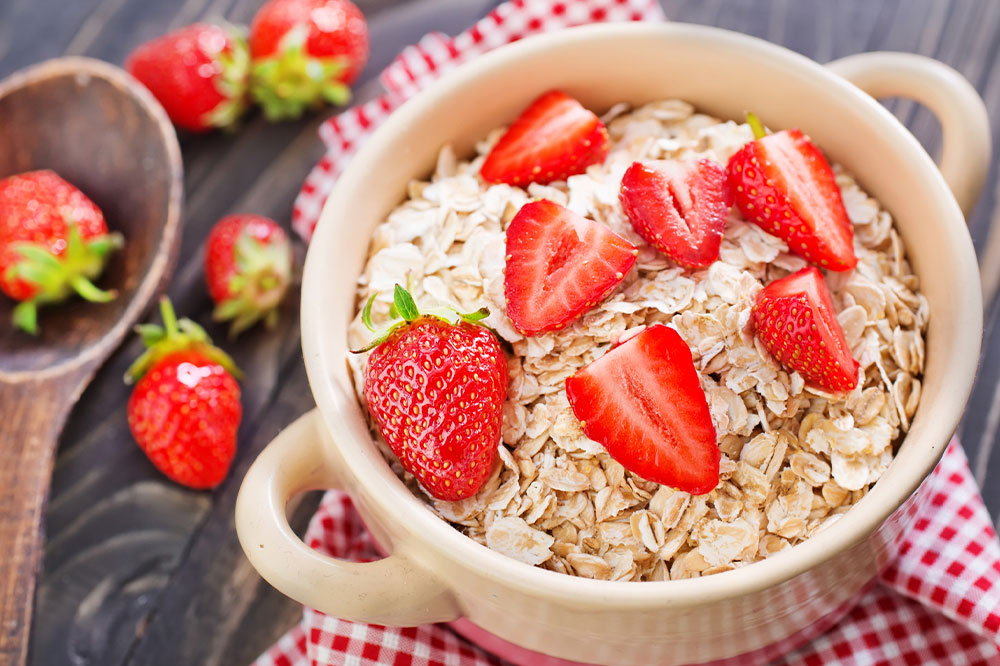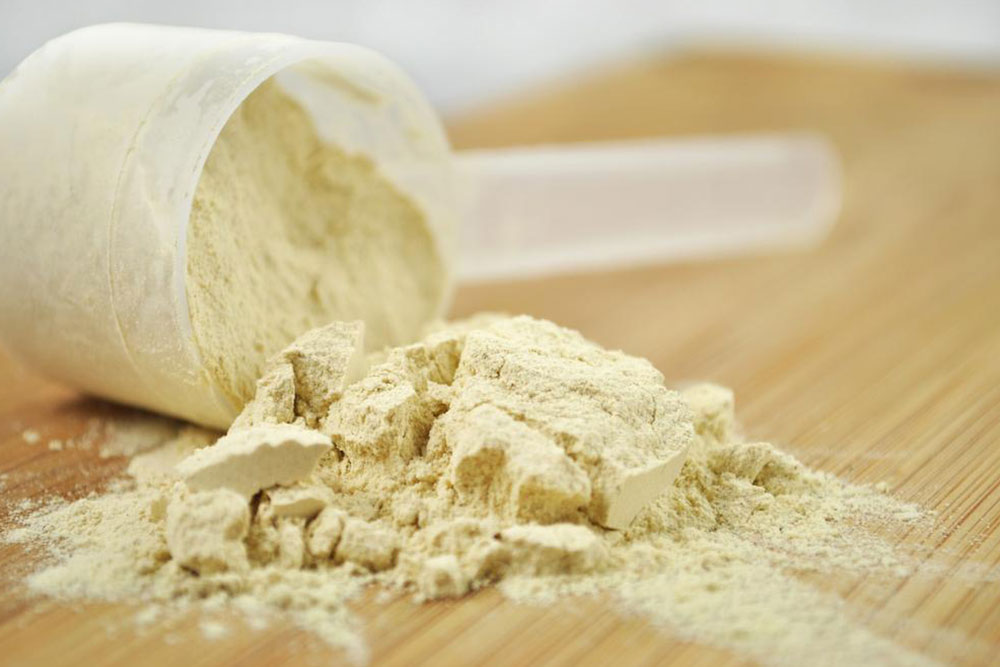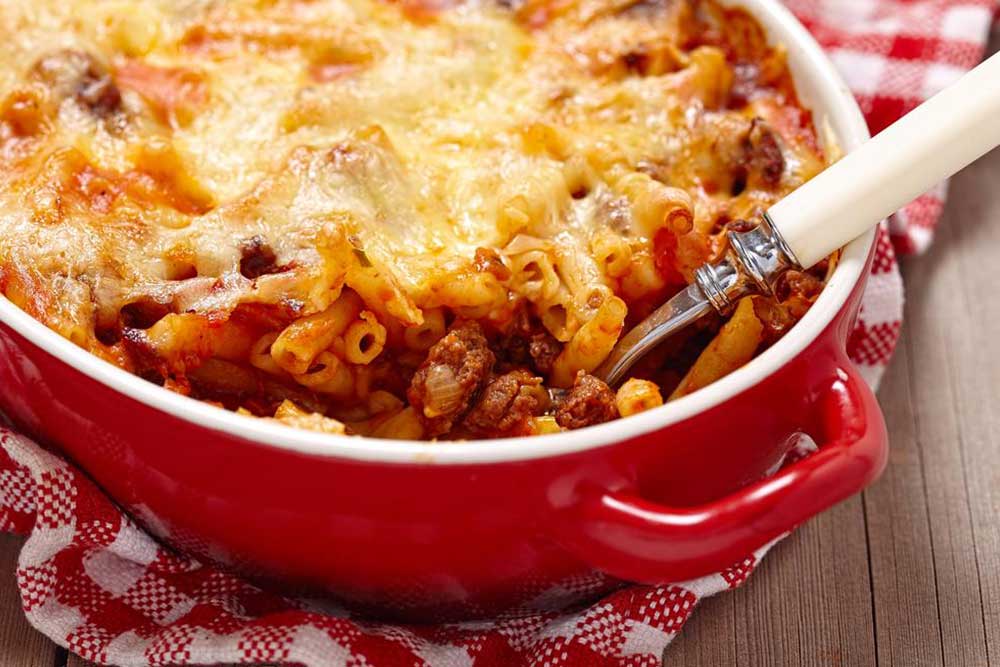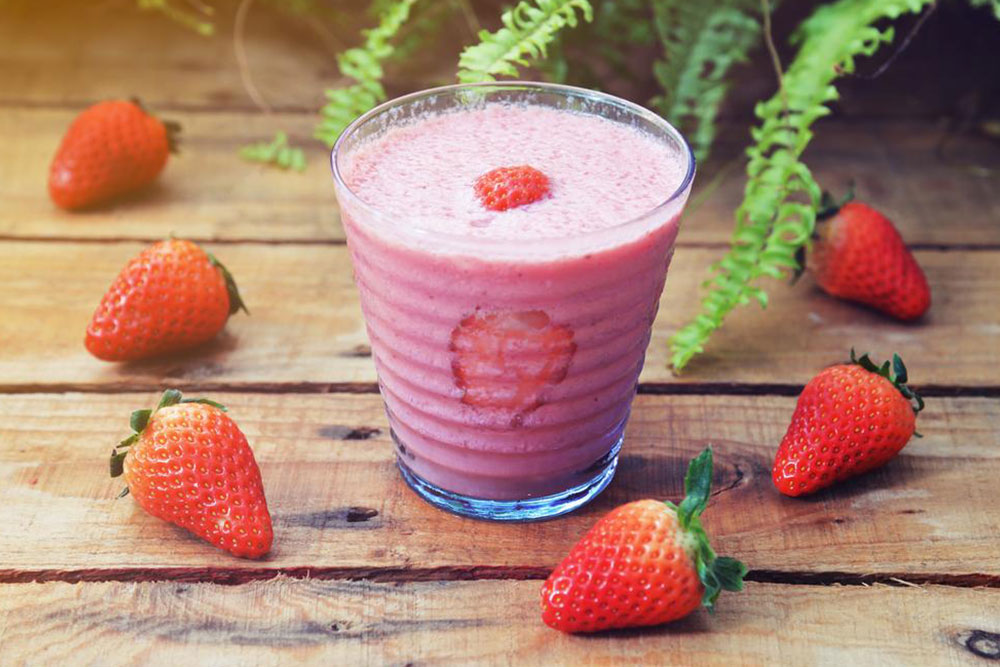Essential Guide to Incorporating High-Protein Vegetarian Foods into Your Diet
Discover how to enrich your vegetarian diet with high-protein foods that promote muscle growth, weight loss, and overall health. This guide covers vegetarian, dairy, and vegan options, along with delicious breakfast ideas and protein intake recommendations suitable for all age groups. Incorporate these nutritious choices to enhance your wellbeing while maintaining a balanced, health-conscious diet.

Essential Guide to Incorporating High-Protein Vegetarian Foods into Your Diet
Maximize Your Nutrition with High-Protein Vegetarian Options
Proteins are vital for growth, muscle development, and overall health. While a balanced diet is recommended, including sufficient plant-based proteins can significantly benefit your wellbeing. Here's a comprehensive guide to understanding the importance of high-protein foods and a list of vegetarian options to enhance your diet:
Benefits of Consuming High-Protein Foods
Support muscular strength and development.
Promote longer satiety, reducing calorie intake.
Require more energy to digest, increasing calorie expenditure.
Enhance fat loss and support weight management.
Boost performance during strength training sessions.
Strengthen tendons and speed up injury recovery.
Support better sleep quality.
Contribute to the health of hair, skin, nails, and all body cells.
Top Vegetarian Foods for Protein and Weight Loss
Leafy greens like spinach and kale
Cruciferous vegetables such as broccoli
Chickpeas and lentils
Cottage cheese and paneer
Peas and other legumes
Whole grains like barley, quinoa, and oats
Dairy Options Rich in Protein
Cottage cheese
Yogurt, especially Greek yogurt
Milk (plain)
Cheddar cheese
Tofu and soy-based products
Soy milk
Less Common Vegan High-Protein Choices
Seitan
Tofu and tempeh
Edamame and green soybeans
Nutritional seeds like pumpkin and sunflower
Hemp seeds
Snack nuts: almonds, pistachios, cashews
Amaranth and sprouted grain breads like Ezekiel
High-Protein Vegetarian Breakfast Ideas
Oatmeal baked with blueberries and almonds
Grilled cheese sandwiches
Cottage cheese bowls
Lentil and broccoli patties
Scrambled chickpeas
Hummus with celery and carrots
Yogurt with fresh fruits
Kale and tofu omelet or scramble
Recommended Daily Protein Intake
Men: approximately 56 grams for sedentary individuals
Women: about 46 grams
Children's needs vary based on age and weight
Teen boys (14–18): around 52 grams; girls: 46 grams
Exceeding or falling short of these amounts over time may impact health.
Incorporate these healthy protein sources into your diet while choosing options low in cholesterol, trans fats, and saturated fats. Regular protein intake not only helps build lean muscles and manage weight but also supports daily body functions and recovery.
Disclaimer: The information shared here aims to educate and inform. Readers should use it as a guide, not a definitive resource. The website disclaims responsibility for any inaccuracies or differences in data across platforms. Always consult a healthcare professional for personalized dietary advice.

